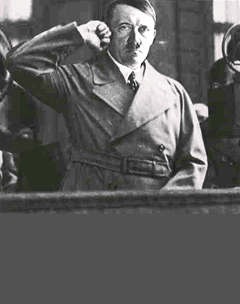Police arrest anti-war protester, 80, at mall -- Crimes, Iraq War, Long Island -- Newsday.com
Police said that Don Zirkel, of Bethpage, was disturbing shoppers at the Lake Grove mall with his T-shirt, which had what they described as "graphic anti-war images." Zirkel, a deacon at Our Lady of the Miraculous Medal in Wyandanch, said his shirt had the death tolls of American military personnel and Iraqis - 4,000 and 1 million - and the words "Dead" and "Enough." The shirt also has three blotches resembling blood splatters.






